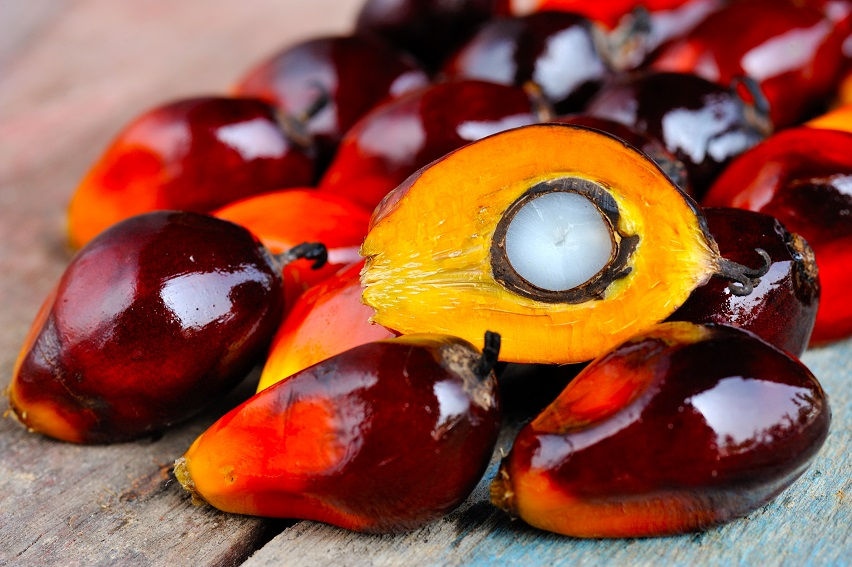Eni receives final shipments of palm oil for biorefining
- Eni S.p.A.
- Oct 27, 2022
- 2 min read

Italian oil company and biobased diesel producer Eni announced Oct. 25 it has definitively ended the procurement of palm oil for use at the Venice and Gela biorefineries for the production of hydrotreated biofuels.
The final shipments arrived in the past few weeks, ahead of the declared goal of becoming palm-oil free by the end of 2022.
Eni’s biorefineries in Venice and Gela are already fueled with waste and residue raw materials, such as used cooking oil and animal fats, for more than 85 percent of their processes, as well as other biomasses regulated by current national and European regulations.
In November, the first load of vegetable oil produced in the Makueni agri-hub in Kenya, where castor, croton and cotton seeds are pressed, will arrive at the Gela biorefinery.
These agricultural feedstocks, produced by Eni, do not compete with the food chain.
They are grown in degraded areas, harvested from wild trees or are derived from the enhancement of agricultural byproducts.
In addition to the country's agricultural feedstocks, whose production will reach 2,500 metric tons of oil by the end of 2022 and 20,000 tons by 2023, there is also the collection of waste and residues, including used vegetable oil, collected in Kenya.
The first shipments are on their way to Italy and up to 5,000 tons are expected to have arrived by 2023.
In 2014, the biorefinery in Porto Marghera, Venice, became the first example in the world of converting an oil refinery into a biorefinery, and today Eni is the first energy major to build a vertical-integration model for the supply of its plants, enabling it to promote more sustainable local development in Africa.
Eni’s biorefineries produce hydrotreated vegetable oil (HVO) biofuels such as renewable diesel and sustainable aviation fuel.




























-RKstandin.jpg)





